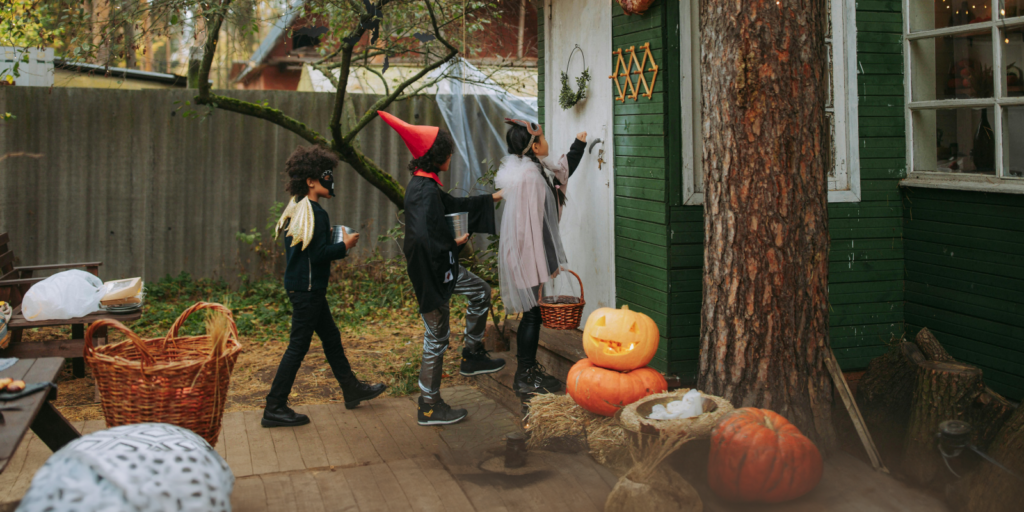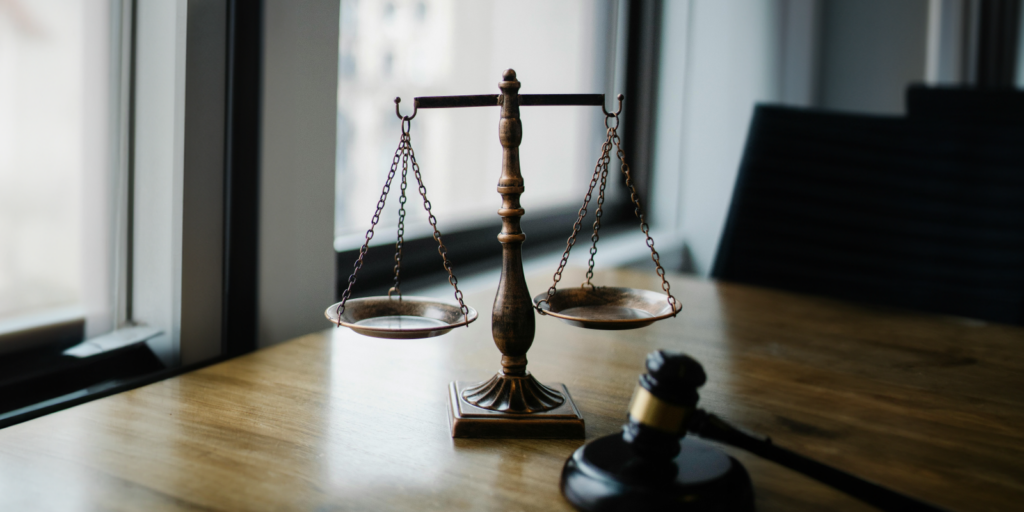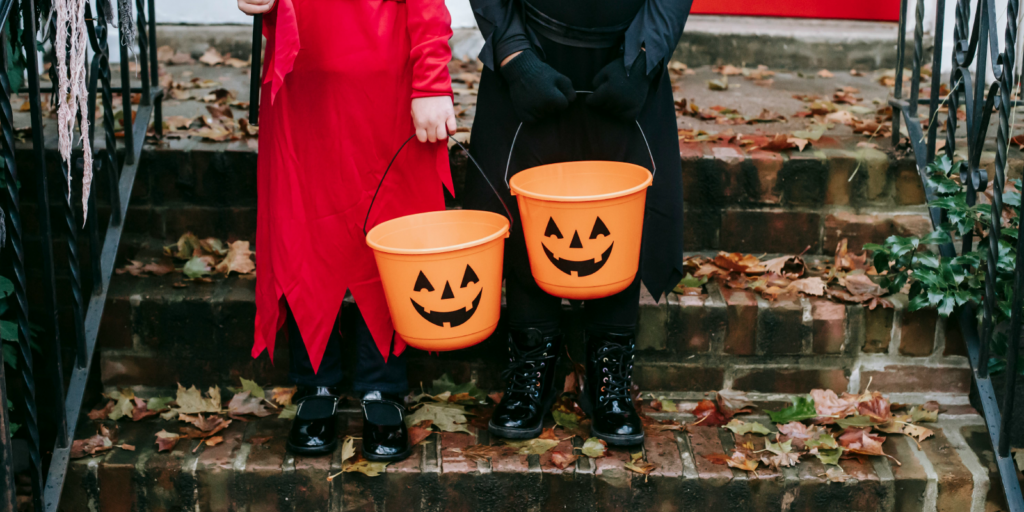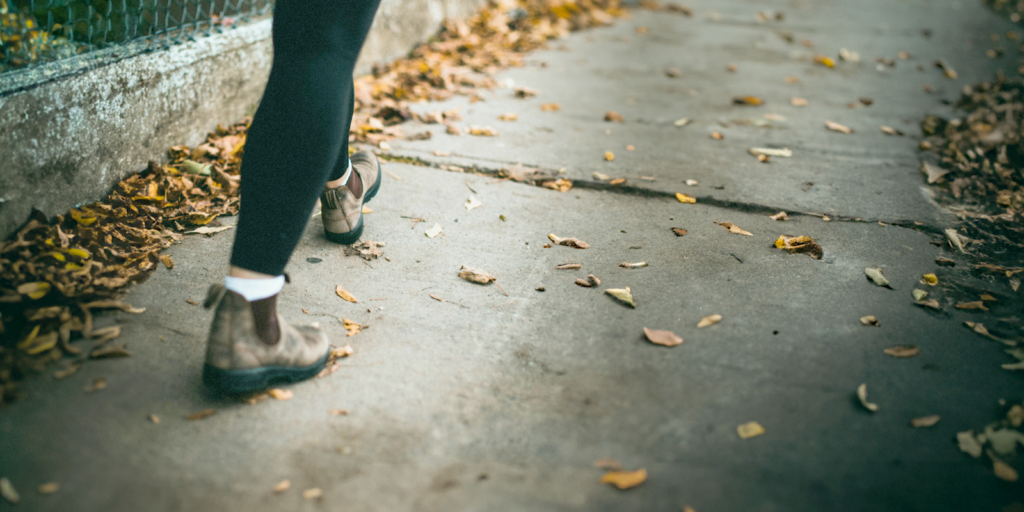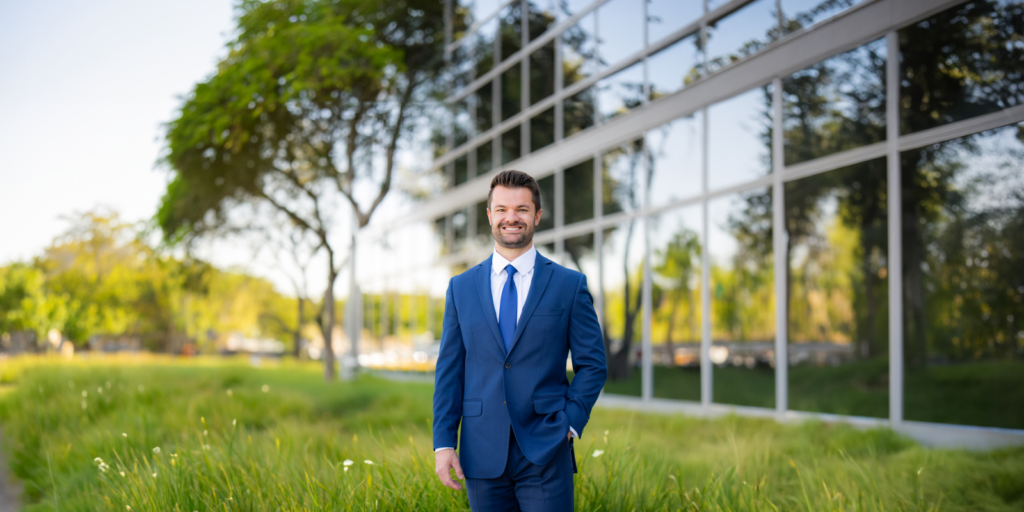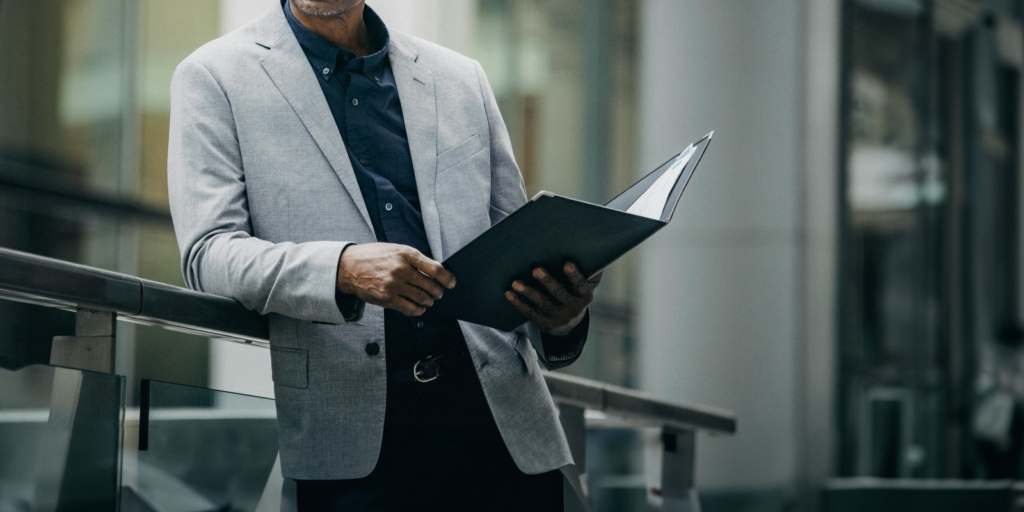
Personal injury trial preparation can be an emotional and challenging experience. Knowing what to expect and how to prepare can ease your worries and help you approach the process with confidence. At Fielding Law, we guide you through every step, ensuring you are informed and ready.
Steps for Your Personal Injury Trial Preparation
Gather and Review Evidence:
The foundation of any personal injury trial is solid evidence. Your attorney will help you gather medical records, accident reports, photographs, and witness statements. Reviewing this evidence in advance helps you feel more confident during the trial.
Practice Your Testimony:
Testifying can be nerve-wracking. You will need to share details of the accident, your injuries, and how they have affected your life. Your attorney will guide you through practice sessions to ensure your testimony is clear and truthful.
Understand the Legal Process:
Knowing what will happen during the trial helps reduce anxiety. Your attorney will explain the trial process, including jury selection, opening statements, witness testimony, and closing arguments. Be prepared for possible delays, but know that Fielding Law will be there to support you every step of the way.
Prepare for Cross-Examination:
During cross-examination, the opposing attorney may try to challenge your credibility. Stay calm and composed. Answer each question truthfully, without guessing or overexplaining.
Dress Appropriately:
Your appearance matters. Dress conservatively and professionally to show respect for the court. Simple and neutral attire can create a positive impression without distracting from your case.
Rest and Eat Well:
Get a good night’s rest the night before your trial and start your day with a healthy breakfast. Being well-rested and nourished will help you stay sharp, focused, and ready to give your best performance.
What to Expect During Your Personal Injury Trial
Opening Statements:
Both your attorney and the defense will present their opening statements, outlining the key points of the case.
Witness Testimonies and Evidence Presentation:
Your attorney will present witnesses, including medical experts, to support your claim. The defense will also have the opportunity to present their case.
Closing Arguments and Jury Deliberation:
After both sides have presented their evidence, the jury will deliberate and reach a verdict.
Fielding Law: Advocates for Your Rights
If you are a Fielding Law client or would like to learn more about whether your case could go to trial, give us a call at 833.88.SHARK. Our experienced and compassionate team will discuss your options and help you determine the best path forward. Whether preparing for a personal injury trial or pursuing a settlement, Fielding Law is here to support you every step of the way.
Note: Information provided is for educational purposes and does not constitute legal advice. Always consult with a qualified attorney for legal concerns.

